“Unfortunately, the Book Continues to Be Relevant”: An Interview with Erika Meitner
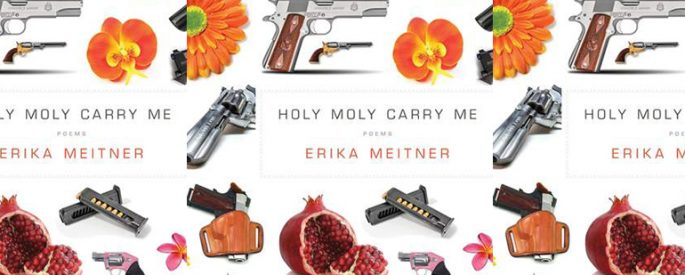
When Erika Meitner was in the process of adopting her youngest son, she was surprised to discover just how many households in her neighborhood had firearms. Erika Meitner’s new poetry collection uses these two life events to examine safety, violence, and raising a family in rural Appalachia.
The Joys of a Journal
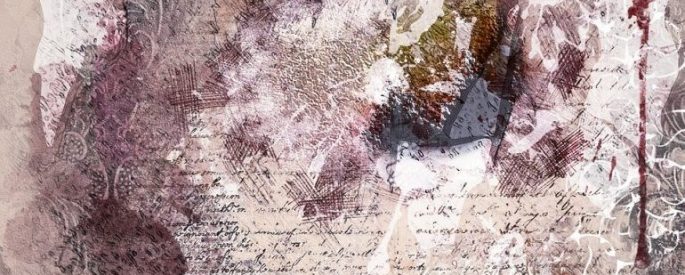
Last April, I attended Alexander Chee’s talk on reporting the self. He said: “The thing that you remember is the thing that you live with.” I’d never heard this truth stated so clearly before. What else but memory could be at the root of so many personal conflicts and
Still Life with Oysters and Lemon’s Meditation on Life, Death, and Memory
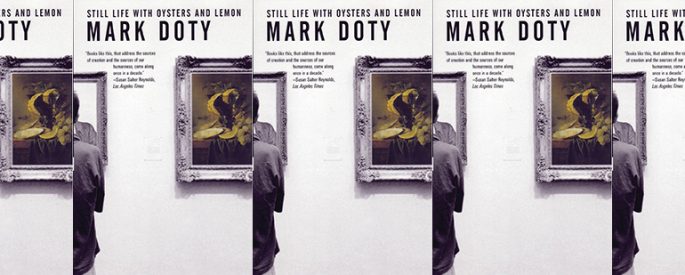
If still life is a background of lustrous dark space against which shines life, Mark Doty uses this composition to show how memory illuminates certain people and objects while allowing others to recede.
Read Backwards You Were A Grandchild
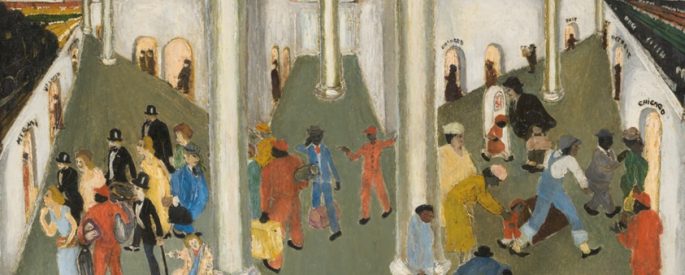
“No story that I write can give shape to all my absences. No matter how measured and articulate, no pronouncement I can make can bring back the dead. I’m not trying to tell a better story anymore—I don’t trust narrative.”
Parentheticals in Miriam Toews’ Women Talking
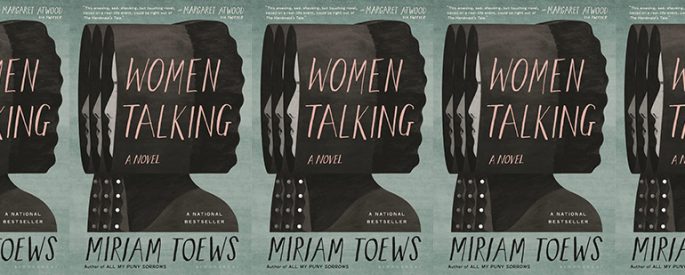
In her 2018 novel, Miriam Toews uses parentheticals to great effect—exploring and undermining ideas about objective narration, and reflecting on power in narration, who gets to narrate particular stories, and how the person who appears to have power in a particular story may not have power at all.
James Baldwin in the Archive
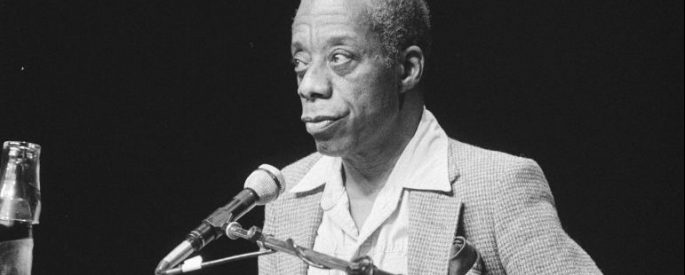
What evolved from an unfinished novel manuscript, through a decades-long struggle with the legacy of Richard Wright, Henry James, and the white Lost Generation, are Baldwin’s 1956 and 1962 books as well as one of his most enduring insights into the struggle to end America’s innocence.
Wuthering Heights and Language Play
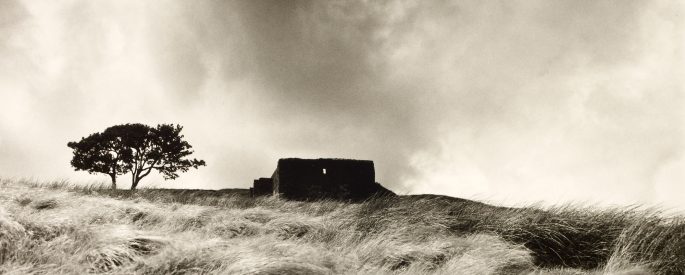
What if Emily Brontë’s achievement in her only novel is really its dramatic correlation to her own passage from child actor to adult novelist, serving as a natural extension of her language play, and espousing play as necessary work?
Fire Is Not a Country’s Observation of the Apocalypse
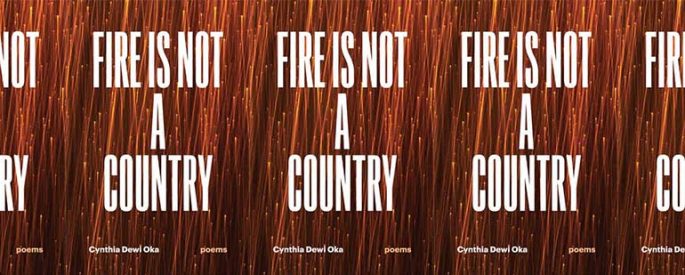
The tension between the self and the marketplace is the kindle in Cynthia Dewi Oka’s poetry collection. The book draws much of its power from domestic scenes set against an apocalyptic background; here, social mobility is not merely an aspiration, but a search for safety through a series of
The Social Effects of Technology in Terminal Boredom

In the late Izumi Suzuki’s English language debut, readers are dropped into worlds in which characters have acclimated to the advanced technologies available to them; as a result, we get a deep exploration into how technological innovations have impacted—or not—human interaction.
Transgenerational Trauma and Testimonio Poetics in There Is No Good Time for Bad News
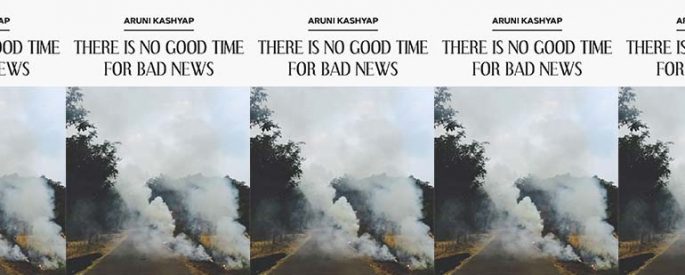
With its emphasis on seeking freedom, promoting justice, and restoring individual dignity, the testimonio form has proved to be a powerful decolonial literary tool. Aruni Kashyap uses testimonio in his poetry to tell silenced tales of state repression in Assam as an act of political resistance.